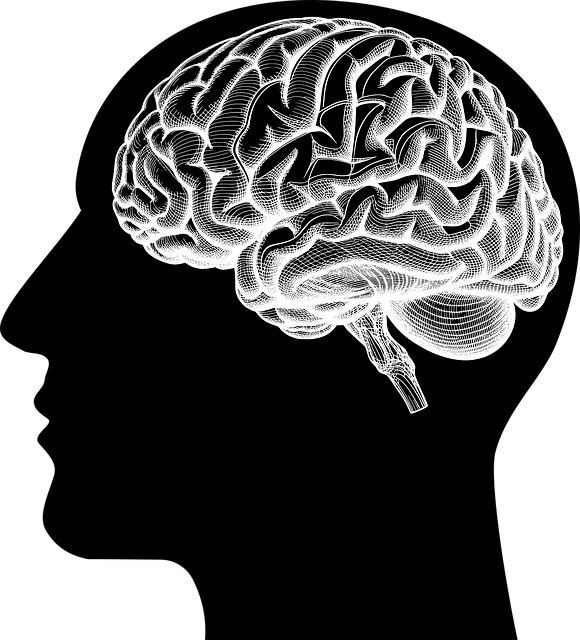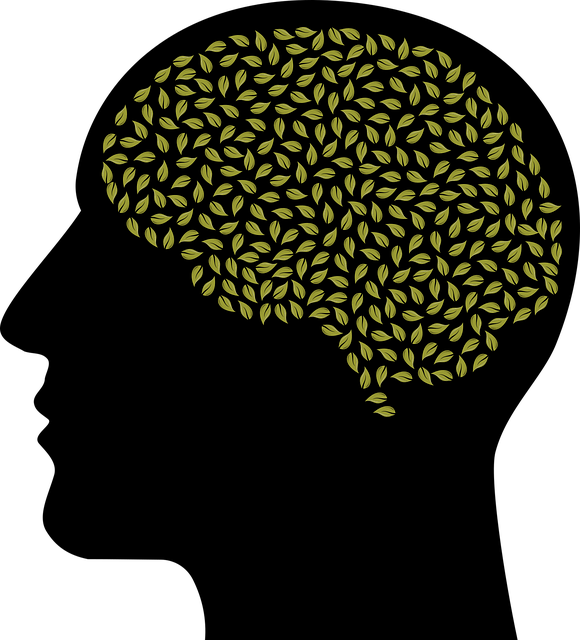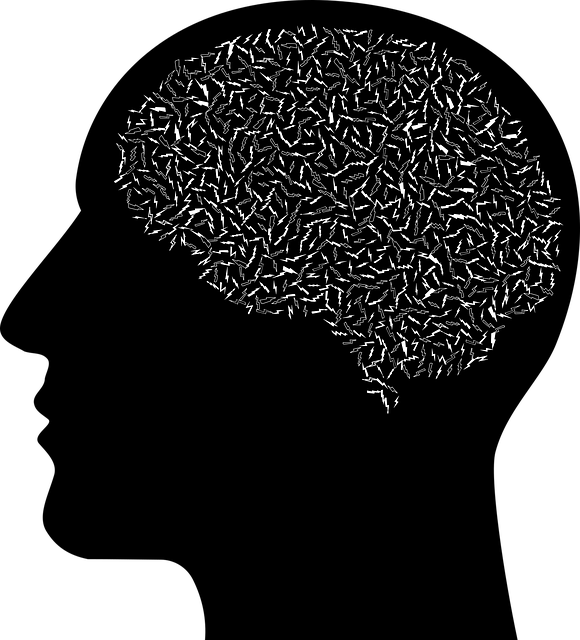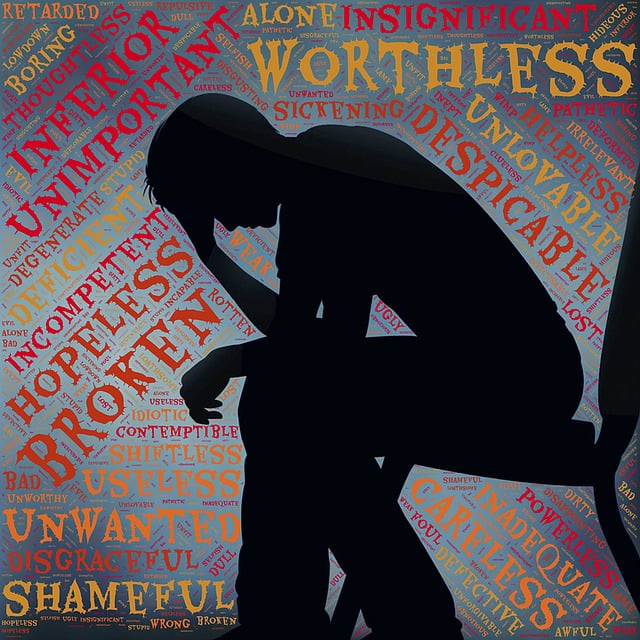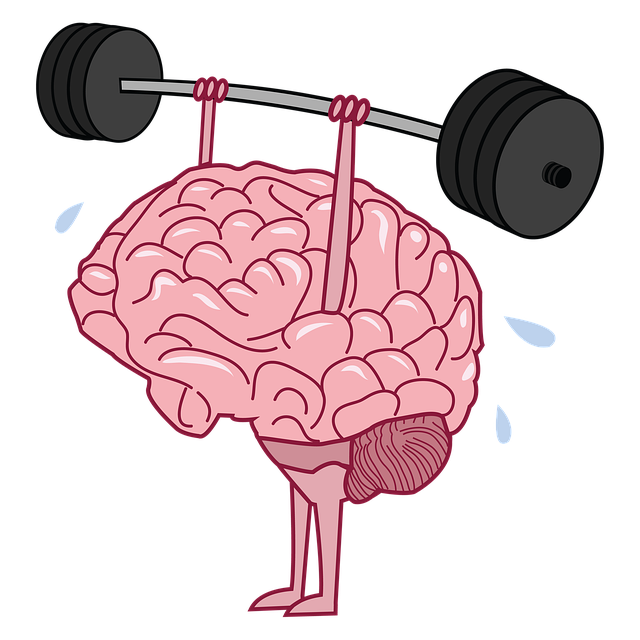Louisville's diverse cultural landscape presents unique challenges in mental health support, particularly regarding conduct disorders among youth. Effective community outreach requires holistic approaches focusing on emotional healing, social skills training, and empathy building. Tailored public awareness campaigns, workshops, and peer support groups normalize conversations about mental health. Collaboration with local organizations integrates 'Mind Over Matter' principles into youth activities, enhancing reach and impact. Strategic planning, evidence-based practices, and regular evaluation ensure program relevance and effectiveness. Measuring outcomes through pre/post assessments guides continuous improvement in Louisville Conduct Disorder Therapy initiatives.
Louisville’s diverse communities hold unique needs, particularly regarding mental health services. This article explores the implementation of community outreach programs focusing on conduct disorder therapy. We delve into understanding local dynamics, designing targeted initiatives, and building partnerships with key organizations. Key strategies for successful program rollout and measuring impact are highlighted, offering a roadmap for effective Louisville Conduct Disorder Therapy outreach. By fostering collaboration and continuous improvement, these programs can significantly enhance access to care.
- Understanding Louisville's Community and Its Needs
- Designing Effective Outreach Programs for Conduct Disorder Therapy
- Building Partnerships: Collaborating with Local Organizations
- Implementing the Program: Strategies for Success
- Measuring Impact and Continuous Improvement
Understanding Louisville's Community and Its Needs

Louisville, a vibrant city with a rich cultural tapestry, presents unique challenges when it comes to community outreach and mental health support. Understanding the diverse needs of its residents is paramount for effective service delivery. The city boasts a strong sense of community but also faces issues like Conduct Disorder among youth, which requires specialized attention. Local initiatives should aim to address these concerns holistically, considering the emotional well-being and social development of individuals.
By implementing programs that foster Emotional Healing Processes, Social Skills Training, and Empathy Building Strategies, Louisville can create a more supportive environment. These approaches cater to the root causes of many mental health issues, fostering resilience and positive interactions within the community. Tailoring services to meet the specific needs of Louisville’s residents ensures that outreach programs are not just reactive but proactive in promoting mental well-being.
Designing Effective Outreach Programs for Conduct Disorder Therapy

Designing effective outreach programs for conduct disorder therapy is a multifaceted approach that requires understanding both the community and the unique needs of individuals struggling with this complex issue. In Louisville, Conduct Disorder Therapy services can significantly benefit from tailored public awareness campaigns that dispel myths and provide accurate information about the condition. By engaging local communities through these initiatives, mental wellness advocates can foster an environment of support and reduce stigma associated with seeking treatment.
Emotional healing processes are integral to addressing conduct disorders, and outreach programs should aim to connect affected individuals with appropriate resources. Incorporating creative strategies such as workshops, community events, and peer support groups can help normalize conversations around mental health. Encouraging open dialogue and offering accessible pathways to therapy services, like those available in Louisville, can lead to earlier interventions and improved outcomes for those dealing with conduct disorders and their families.
Building Partnerships: Collaborating with Local Organizations

Building partnerships with local organizations is a strategic step in effective community outreach for Louisville Conduct Disorder Therapy programs. By collaborating with schools, community centers, and non-profit groups, Mind Over Matter Principles can be integrated into various settings where at-risk youth spend their time. This approach allows for tailored Social Skills Training and Empathy Building Strategies that resonate within the local context. For instance, partnerships with after-school programs enable therapists to teach valuable coping mechanisms during dedicated spaces, fostering a supportive environment that extends beyond traditional therapy sessions.
Such collaborations leverage existing resources, ensuring that outreach efforts align with the unique needs of Louisville’s youth. By working together, organizations can create a cohesive network that addresses conduct disorder challenges holistically, ultimately enhancing the impact and sustainability of community-based initiatives.
Implementing the Program: Strategies for Success

Implementing a community outreach program for Louisville Conduct Disorder Therapy requires careful planning and strategic execution to ensure its success. The first step is to identify the specific needs within the community, understanding the challenges faced by individuals affected by conduct disorders. This involves conducting thorough research, reaching out to local organizations, and gathering insights from experts in mental health. Once defined, tailor the program’s activities to address these issues directly, focusing on both individual and collective interventions.
For optimal results, integrate evidence-based practices such as Mood Management techniques, Self-Awareness Exercises, and Self-Care Routine Development for Better Mental Health. Engaging local schools, community centers, and support groups can help create a network of support, fostering a sense of belonging and empowering individuals to take control of their mental well-being. Regular evaluation and adaptation based on feedback are crucial, ensuring the program remains relevant and effective in Louisville’s dynamic landscape.
Measuring Impact and Continuous Improvement

Measuring the impact of community outreach programs is a crucial step in ensuring their long-term success and effectiveness, particularly when focusing on addressing conduct disorder in Louisville. By implementing robust evaluation methods, mental health professionals can assess the program’s reach, engagement, and outcomes. This includes tracking participant progress, such as improvements in behavioral regulations, social skills, and overall well-being. For instance, Louisville Conduct Disorder Therapy initiatives could employ pre and post-program assessments to gauge changes in participants’ symptoms and life functioning.
Continuous improvement is fostered through this data-driven approach, allowing professionals to adapt and refine their strategies. Incorporating feedback from both participants and practitioners, as well as regularly reviewing program outcomes, enables the development of more targeted interventions. Moreover, integrating evidence-based practices, like those highlighted in Risk Management Planning for Mental Health Professionals and Empathy Building Strategies, ensures that outreach programs evolve to meet the evolving needs of the community, ultimately enhancing their impact on individuals’ lives.
Louisville’s community outreach programs, focused on providing therapy for conduct disorder, have the potential to significantly impact at-risk youth. By understanding the unique needs of the city and its residents, implementing evidence-based practices, and fostering partnerships with local organizations, these initiatives can offer lasting solutions. Continuous improvement through measuring impact is key to ensuring that Louisville Conduct Disorder Therapy programs effectively serve the community they aim to support, ultimately leading to a healthier, more resilient Louisville.
